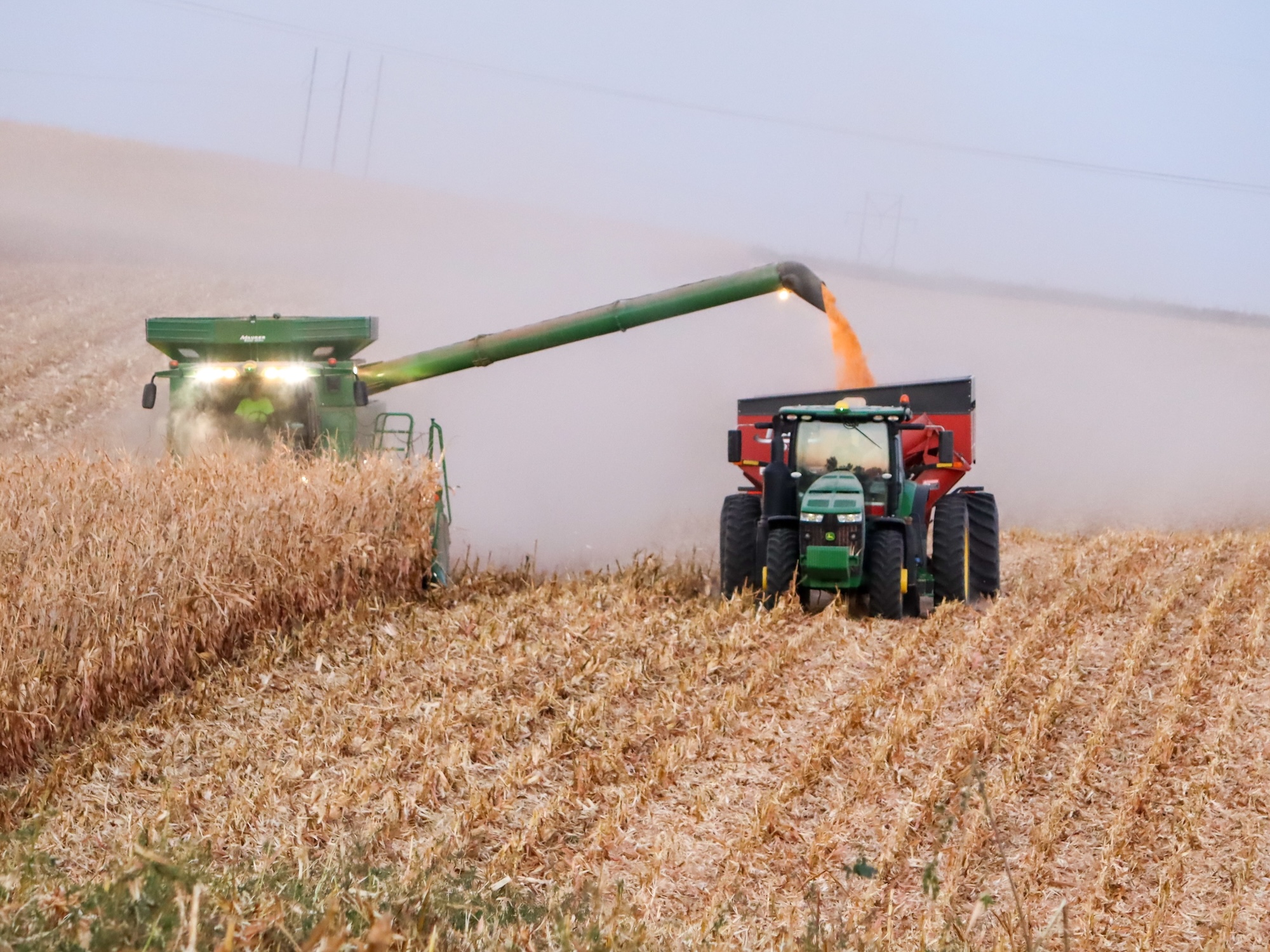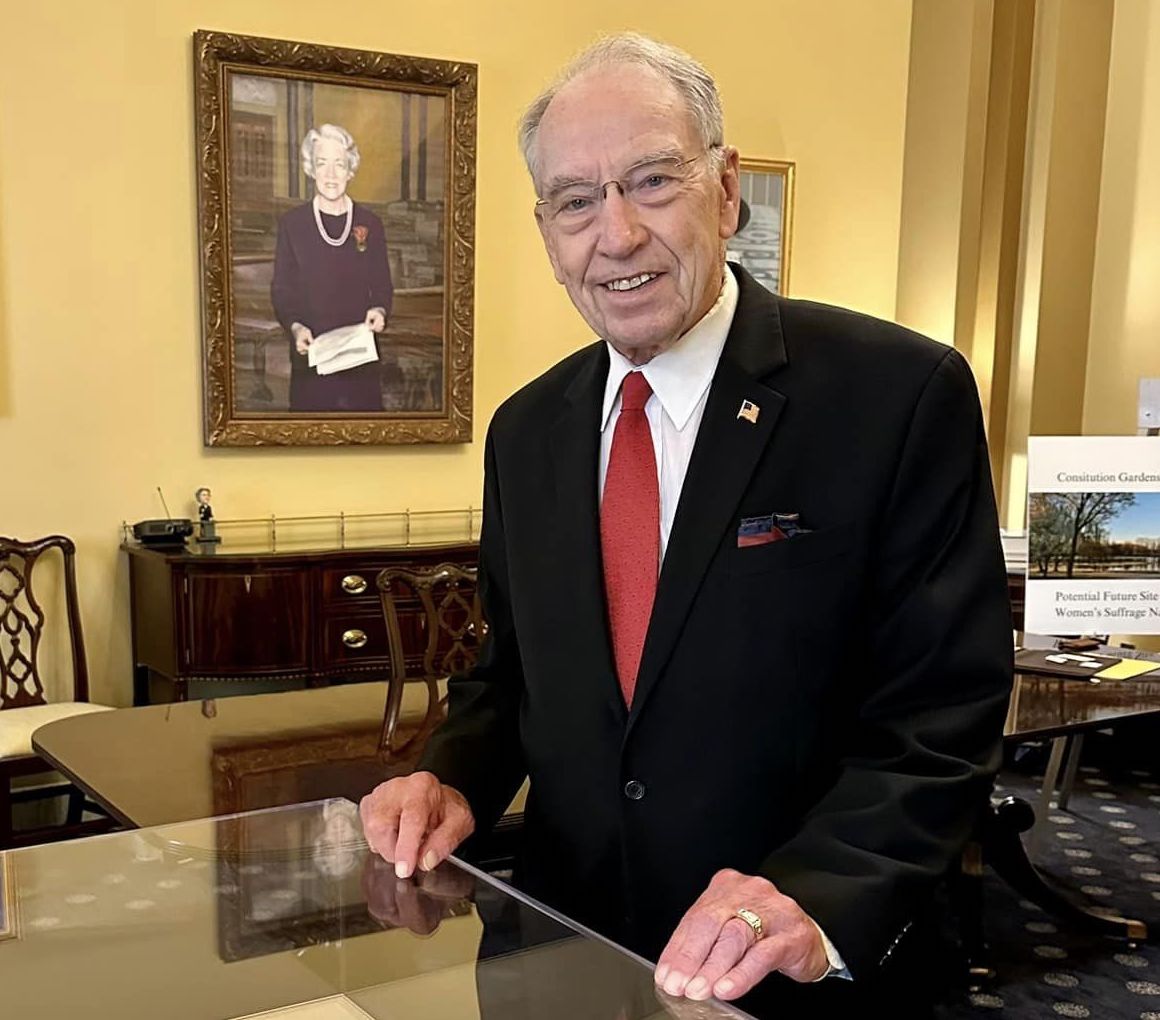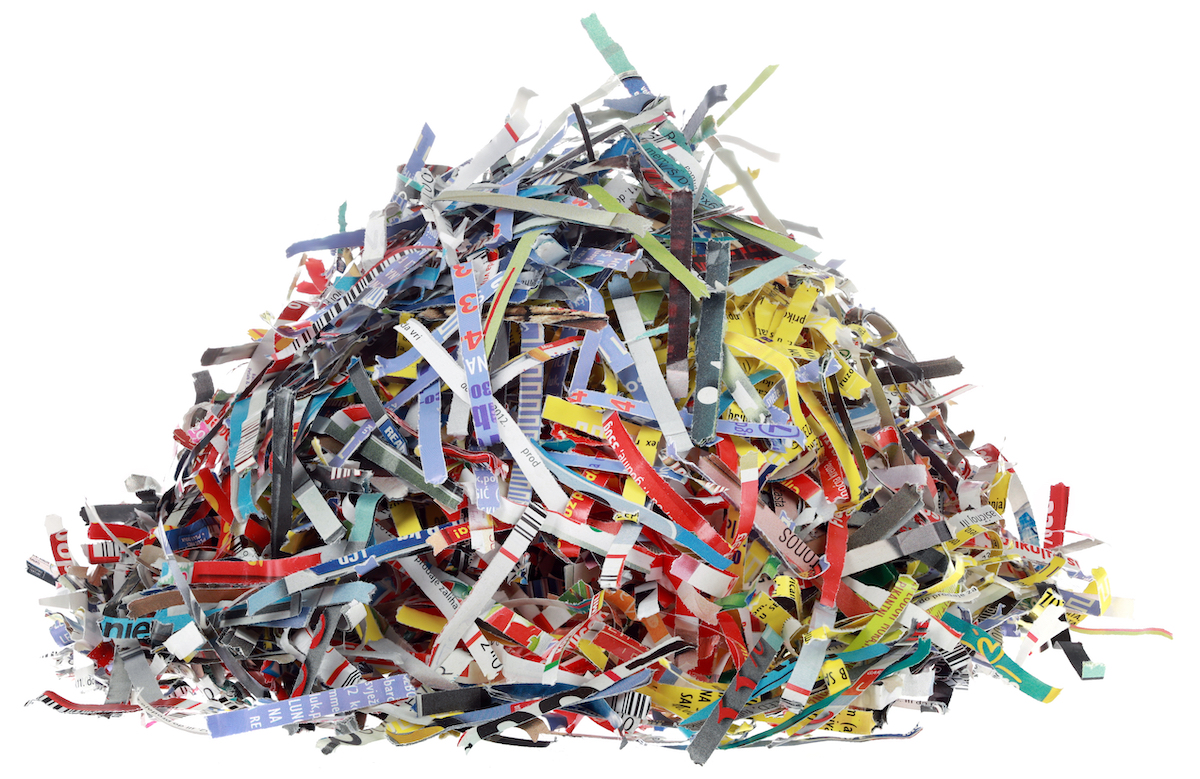UPDATE: The Iowa House and Senate adjourned for the year on May 15. The pesticide immunity bill did not advance in the House, nor was it attached to any late-moving legislation. Original post follows.
Diane Rosenberg is executive director of Jefferson County Farmers & Neighbors, where this commentary appeared on May 13 as an updated version of an article first published on March 25.
Even though 89 percent of Iowans oppose the pesticide immunity bill, also known as the “Cancer Gag Act,” the Iowa Senate voted to move it forward for the second year in a row sending it to the Iowa House where it remains stalled. Senate File 394 would protect pesticide companies from personal injury lawsuits if a product has an EPA-approved warning label. Companies would still be protected if the label is inaccurate, doesn’t fully disclose all risks, or harms are identified in the future.
The chemical giant Bayer is lobbying heavily for this bill, and the corporation has a lot to gain if the bill passes. In 2018, Bayer purchased Monsanto, the manufacturer of Roundup that misled regulators and the public about glyphosate’s associated cancer risks. Since then, Bayer/Monsanto has faced approximately 165,000 glyphosate lawsuits, paying out massive verdicts totaling over $13 billion so far. 54,000 active cases remain with more expected every year.
Continue Reading...






